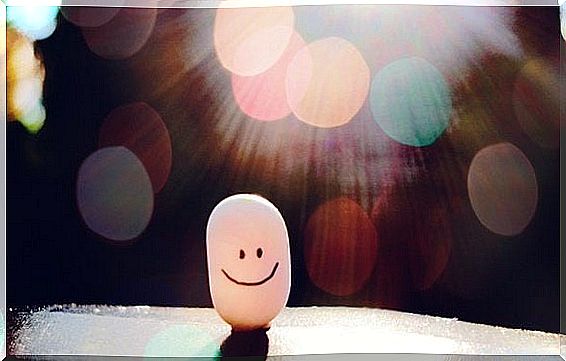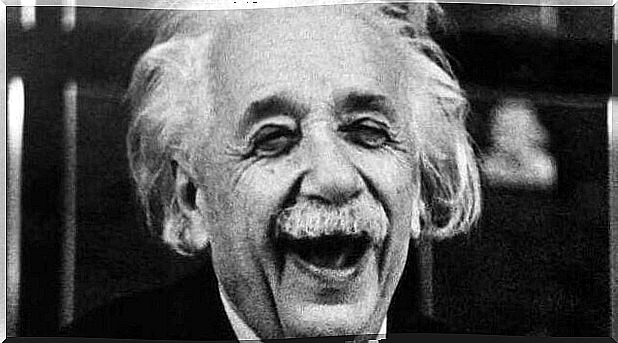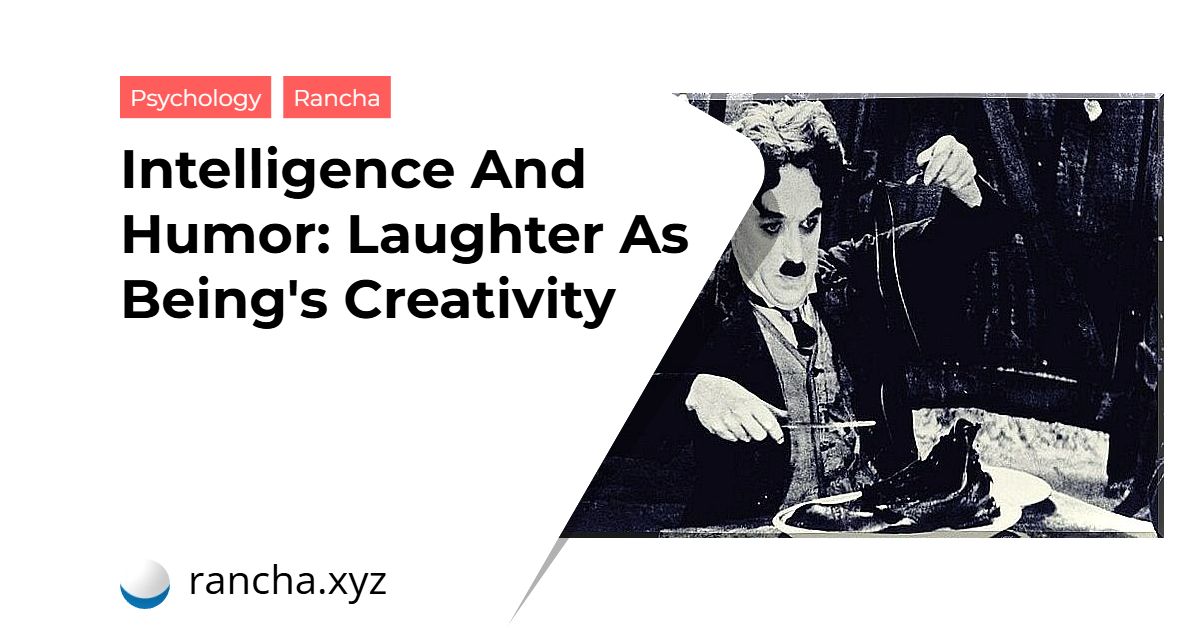Anyone with a good sense of humor knows how to make ingenious ironies in the face of a reality that is often gray and square. This is almost always a sign of intelligence, making intelligence and humor closely related. It is the art of someone who can express what he sees with elegant satires to make others reflect, and who manages to get loud laughs from those around him by making these people aware of a less rigid and clear reality, in a very original way.
If we now turn our gaze to the past, and briefly return to Plato’s texts, we will no doubt find some small surprises on this subject. The celebrated Greek philosopher and teacher of Aristotle warned that a sense of humor and laughter were nothing more than attributes of evildoers. According to him, anyone who made use of jokes and jokes showed a proud behavior, was someone who boasted and dared to ridicule others.
If Plato held this view it was because, somehow, the art of making others laugh sometimes involves the use of debauchery, challenging moral codes and ridiculing some collective aspects of society, simplifying people, their beliefs, physical attributes, etc. Now… it is worth saying that few arts can be higher than that of those who use the sense of humor in a sophisticated, creative way, escaping the common and the obvious.

Intelligence and humor: how do they relate?
A person’s sense of humor is, without a doubt, their best calling card. This is something we’ve all noticed on another occasion. Thus, nothing says so much about someone as discovering that person is the one who makes everyone laugh – or not. Your ability to understand the most elaborate ironies or your ability to make moments of tension or worry more relaxed using the most ingenious sense of humor. And this, even unintentionally, further enhances interpersonal connections.
Thus, whether we believe it or not, those who have the ability to use humor in a more refined and creative way than usual tend to have, on average, a higher IQ. Now, we also know that there are profiles with very high IQs that are not given to jokes and jokes, nor irony or genius jokes. Some classic examples, however, of the relationship between intelligence and humor are Oscar Wilde, George Bernard Shaw and Grouch Marx.
It should be said that there are nuances, details that make this theme even more interesting. Thus, as was revealed in a survey conducted at the University of Vienna in Austria, people with a great sense of humor scored very high on tests of verbal intelligence and emotional intelligence.

The evidence found by this research demonstrates, in addition, that there is a direct association between the sense of humor, cognitive skills, emotional intelligence and self-esteem.
- Generally, they are extroverted profiles who use their mood as a coping strategy in the face of stress, concerns or adversities that arise in their daily lives.
- Evolutionary psychologists, in turn, describe the sense of humor as an inherited trait, which can determine in us greater mental agility or flexibility or, on the contrary, a more rigid focus.
- Despite this, it has been found that more negative mood styles based on sarcasm, attacking through ridicule or bullying are instead associated with sadder moods and prone to depression.
The sense of humor and creativity
When Albert Einstein was asked where his genius, creativity and intelligence came from, he replied quite naturally: the secret was in his sense of humor, the same sense that had been with him since his childhood. That’s because inside he was still that child able to look at the world with curiosity and innocence, someone who had never lost his ability to be impressed and also the ability to laugh.
Far from being a trivial anecdote, Einstein knew very well what he was saying when he emphasized the importance of the sense of humor and its relationship to human intelligence. In fact, much neuropsychological research supports the idea of an association between our positive emotional states and creativity as well as intelligence. Let’s not forget that laughter increases the production of dopamine in the brain, and this neurotransmitter also works on the neural mechanisms that mediate learning.

As a result, we become more flexible and creative, our working memory improves, and even our ability to focus is enhanced. Laughter is life and a sense of humor helps us connect with ourselves, reducing stress and strengthening the immune system, all of which are also a cause of greater productivity in the work environment.
In the end, the phrase we often hear is true that life is a matter of love and humor. Love to understand life better and humor to support everyday life. So let’s not overlook the benefits of this great aphrodisiac for the heart and brain. Because if the sense of humor makes us smarter, it’s worth using it in a more ingenious and skillful way to relativize the reality that often deserves to be seen from another perspective.
 rancha.xyz Be free to choose their own route to self-knowledge, health and balance of body and soul.
rancha.xyz Be free to choose their own route to self-knowledge, health and balance of body and soul.




